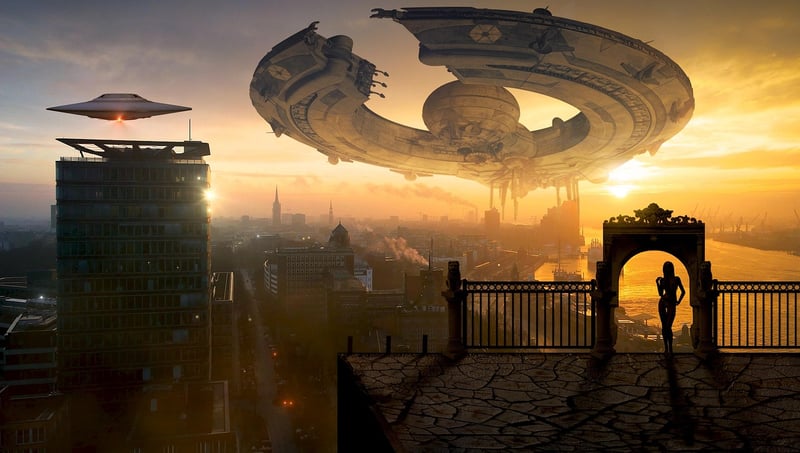Temporal Paradoxes
The Science Behind Time Travel and Temporal Paradoxes
Time travel has long been a fascinating concept in science fiction, but is it actually possible in the real world? Let's delve into the science behind time travel and explore the intriguing concept of temporal paradoxes.
Understanding Time Travel
According to the theory of relativity proposed by Albert Einstein, time is relative and can be affected by gravity and speed. This forms the basis for the idea of time dilation, where time can pass at different rates for observers in different frames of reference. The closer an object is to the speed of light or a massive gravitational field, the slower time progresses for it relative to a stationary observer.
Potential Methods of Time Travel
- Time Dilation: As mentioned earlier, traveling at near-light speeds can result in time dilation, where an astronaut on a high-speed spacecraft would age slower than people on Earth.
- Wormholes: Hypothetical tunnels in spacetime that could create shortcuts for travel between two distant points in spacetime.
- Time Machines: Theoretical devices that could manipulate spacetime to allow for backward or forward time travel.
Temporal Paradoxes
Temporal paradoxes are situations that arise when the past, present, and future become entangled due to time travel. Some well-known paradoxes include the grandfather paradox, where a time traveler kills their own grandfather before their parent is conceived, thus preventing their own existence.
Resolutions to Paradoxes
- Novikov Self-Consistency Principle: Suggests that any actions a time traveler takes in the past were already part of history and therefore cannot create paradoxes.
- Parallel Universes: Proposes that time travel creates new timelines, avoiding paradoxes in the traveler's original timeline.
While time travel remains a theoretical concept, ongoing research in physics and quantum mechanics continues to explore the boundaries of our understanding of time and space.

Whether time travel will ever become a reality or remain confined to the realms of imagination, the science behind it sparks endless curiosity and possibilities for exploration.
